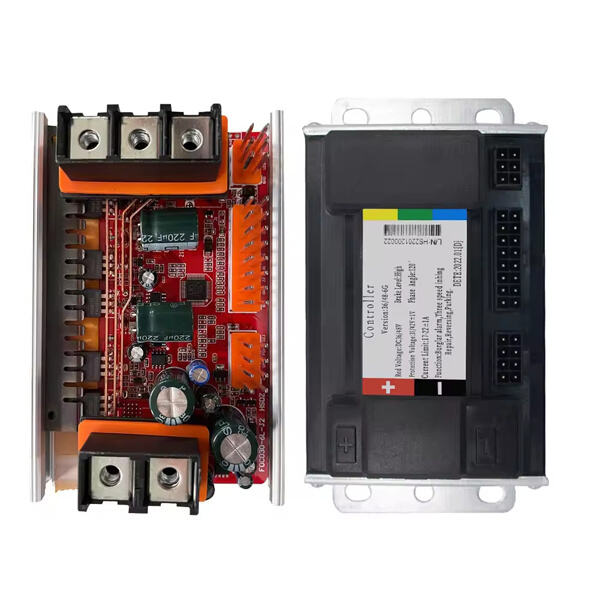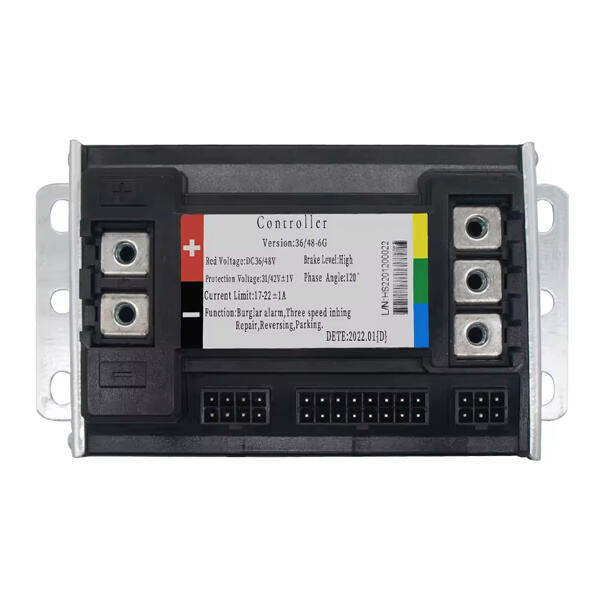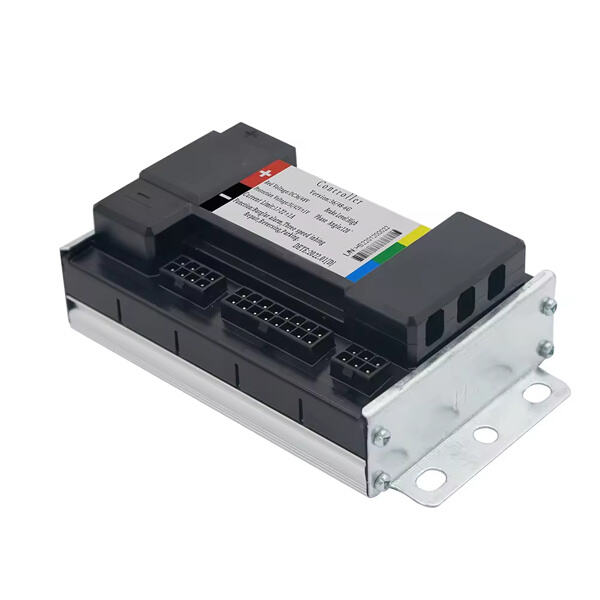It can be quite interesting to know the basics of an electric motor controller. These are like brains for an electric motor, enabling it to function smoothly and efficiently. An electric motor controller or electric motor control is a device or group of devices that serves to govern in some predetermined manner the performance of an electric motor. Think of it as the controller for a remote-control car, only bigger and more powerful.
There are many benefits of using an electric motor controller for industrial purposes. 2) Through speed control of motors by the means of the motor having a VFD, energy may be saved by only using the power necessary on the work being performed. This can potentially save a business a great deal of money. Electric Motor Controllers can also be beneficial to the motor's efficiency and life since they provide precise control and can offer protection against overloads.

When selecting an electric motor controller for your specific project, you want to keep the following in mind. The first thing you need to know is the power of your motor to make sure the controller can sustain it. Don’t forget to check the motor type that you have, and you may need special controllers for certain motors. Finally, consider the environment in which the rotary actuator will be used as well as any special features or functions that may be required in your application.

Maintenance and troubleshooting of electric motor controllers is of great importance. Electric Motor Controllers Need Routine Maintenance Like any machine, electric motor controllers perform best and last longer if maintained properly. This involves inspecting for any damage, wiping the controller and keeping all connections tight. If you suspect any problems or malfunction, it's important to diagnose the issue as soon as possible, in order to save costly repairs and downtime.

Electric motor controller technology has come a long way in the past few years. Lming motor has led the way in the micro motor industry, constantly developing new and innovative controllers to help improve the production in the field. Among the latest advancements are smart controllers that can talk to other devices, energy-saving control remotes that mean even less power consumption, and sophisticated diagnostic helps to prevent problems before they become serious.
company primarily involved in production electric two-wheeled vehicles and electric three-wheeled vehicle motors as well as controllers. motors have high torque, low noise efficient, energy saving, and high efficiency. We can customize products according to the requirements our customers. one-year guarantee is offered. During the warranty period, product quality issues arise can be replaced without cost. products are widely electric motor controllerdifferent countries all over the globe.
Lingming Motor has focused on production, manufacture research of various brushless DC hub motors for more than 20 years. facility covers area of more than 10,000 square meters. It has an annual electric motor controllercapacity of 15,000-20,000 units. development engineers averaging over 12 years' R D experience.
Every motor goes through rigorous quality checks every stage of production from pre-production post-production. ensures that each spare part manufactured at high quality. company holds CE, CQC and ISO9001 certifications. Additionally, holds numerous electric motor controllerdevelop custom-designed innovative products.
customer service staff all hours of the day respond all questions asked by customers. response time can be as high as 99.4 percent. five- electric motor controllerresponse time can be as high as 46%. We have professional R D engineers resolve technical issues that customers face online.